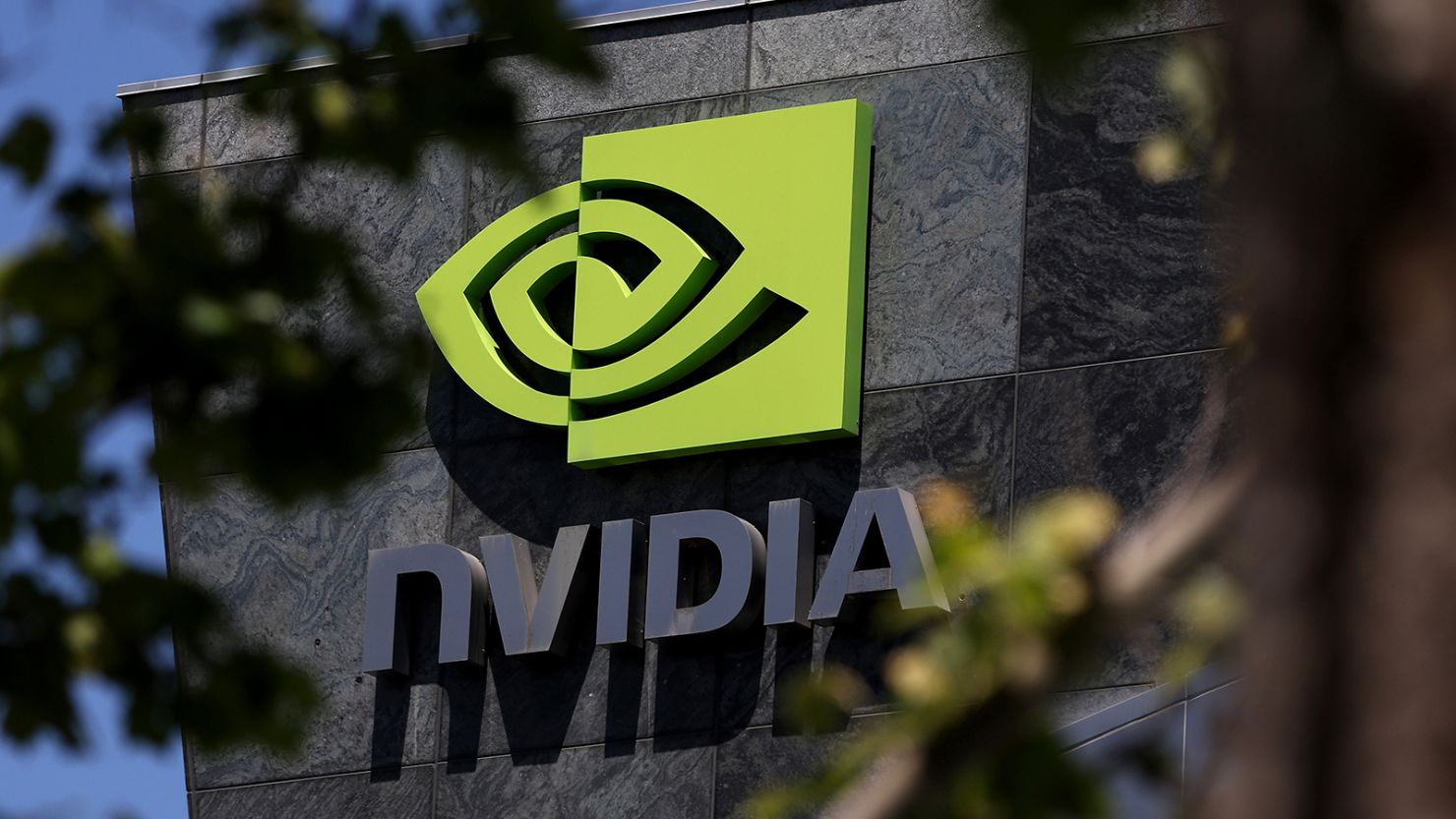Trump Urged By Nvidia CEO To Change AI Chip Export Policy

Table of Contents
Nvidia's Concerns Regarding AI Chip Export Restrictions
Nvidia, a leading designer and manufacturer of graphics processing units (GPUs) crucial for AI development, relies heavily on global markets for its high-performance AI chips, such as the A100 and H100. The Trump administration's imposition of export restrictions on these advanced semiconductors significantly hampered Nvidia's operations. These restrictions, aimed at limiting access for certain countries deemed national security risks, created substantial challenges for the company.
The impact on Nvidia's business was multifaceted:
- Loss of revenue: Restricted access to key markets, particularly in China, resulted in a significant loss of potential revenue streams. The inability to sell these cutting-edge chips to major clients curtailed Nvidia's growth trajectory.
- Impact on research and development: Limited access to international collaborations and data sets hindered Nvidia's research and development efforts, slowing down innovation in AI chip technology. International partnerships are crucial for pushing the boundaries of this rapidly evolving field.
- Competitive disadvantage: The export restrictions put Nvidia at a competitive disadvantage against international chip manufacturers not subject to the same limitations. This allowed competitors to capitalize on opportunities in restricted markets.
Jensen Huang's Arguments for Policy Change
Jensen Huang, in his direct engagement with President Trump, presented compelling arguments for a less restrictive AI chip export policy. His appeal focused on both economic and strategic considerations.
Huang emphasized:
- Long-term economic benefits: He argued that a less restrictive policy would foster greater innovation, leading to job creation within the US and strengthening the nation's long-term economic competitiveness in the global tech sector.
- Increased US technological leadership: Huang contended that a more open approach would allow the US to maintain its technological leadership in AI, preventing the dominance of foreign competitors and ensuring a continued flow of advanced technology development.
- Impact on AI research and development: He highlighted the importance of international collaboration in pushing the boundaries of AI research and development. Restricting access hampered global progress and ultimately harmed the advancement of the field.
Potential Consequences of the Export Policy
The continued enforcement of strict AI chip export restrictions carries several potential consequences, impacting not just Nvidia but the entire US semiconductor industry and the broader geopolitical landscape.
- Increased dominance of foreign competitors: Sustained restrictions could allow foreign competitors, particularly those in China, to gain a significant advantage in the AI chip market, potentially surpassing US dominance.
- Reduced US influence on global AI standards: A weakened US position in the AI chip market could diminish its influence in setting global AI standards and norms, impacting technological development and future applications.
- Increased trade tensions: The policy could further escalate trade tensions with other nations, creating instability in global trade relationships.
Counterarguments and Alternative Perspectives
While Nvidia's position is compelling, counterarguments exist. Concerns about national security and the potential misuse of advanced AI chips in adversarial contexts have driven the implementation of these restrictions. Alternative approaches, such as stricter licensing requirements and enhanced monitoring of technology exports, could be considered to balance national security concerns with the promotion of economic growth and technological advancement. The perspectives of government officials, competing semiconductor companies, and other stakeholders are crucial in shaping a comprehensive and balanced policy.
Conclusion: The Ongoing Impact of the AI Chip Export Policy Debate
This article highlighted Nvidia's concerns regarding the restrictive AI chip export policy, Jensen Huang's arguments for a change in policy, and the wide-ranging potential consequences. The debate underscores the complex interplay between national security, economic competitiveness, and global technological leadership. The long-term implications for the US economy, its position in the global AI landscape, and its relationships with other nations are profound. Understanding the nuances of AI chip export policy is paramount for navigating the future of technological advancement. Stay informed about the future of AI chip export policy and its influence on technological advancements. Continued scrutiny and open dialogue are essential to crafting a policy that balances national security priorities with the promotion of innovation and global collaboration in this critical sector.

Featured Posts
-
 A Modern Twist On 80s Style Selena Gomezs High Waisted Suit
May 02, 2025
A Modern Twist On 80s Style Selena Gomezs High Waisted Suit
May 02, 2025 -
 Remembering Priscilla Pointer Actress Passes Away At Age 100
May 02, 2025
Remembering Priscilla Pointer Actress Passes Away At Age 100
May 02, 2025 -
 1 Mayis Emek Ve Dayanisma Guenue Nde Yasananlar Bir Degerlendirme
May 02, 2025
1 Mayis Emek Ve Dayanisma Guenue Nde Yasananlar Bir Degerlendirme
May 02, 2025 -
 School Desegregation Order Ended The Future Of Equal Education
May 02, 2025
School Desegregation Order Ended The Future Of Equal Education
May 02, 2025 -
 Loyle Carner Announces Dublin 3 Arena Gig
May 02, 2025
Loyle Carner Announces Dublin 3 Arena Gig
May 02, 2025
